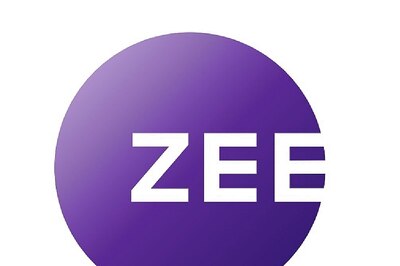
views
Canada is one of the top study destinations among Indian students, as per the data from the Ministry of External Affairs of India. More than 60,000 students went to Canada for education in the first half of this year, reflecting considerable growth in the coming years. There are many reasons why international students choose to study here, including world-class education, a multicultural environment, an improved lifestyle, strong government policies, and now a new work-hour policy.
Due to the long-standing bilateral relations between India and Canada, the rules have always been supportive of Indian students. For instance, regarding the pandemic-infused visa delays, the high commission of Canada assured that they would take different measures to reduce the wait time to help Indian students get their student visas sooner.
Also read| 83% Students Report Cost as ‘Significant Barrier to Studying Abroad’: Survey
The Minister of Immigration, Refugees, and Citizenship too recently announced the temporary lifting of the 20-hour-a-week work cap on the number of hours international students are allowed to work off-campus while class is in session. This cap has been lifted from November 15, 2022, to December 31, 2023. During this time, international students who are in Canada and have off-campus work authorization on their study permit will not be restricted by the 20-hour-per-week rule. The new policy will only apply to students studying full-time and to those who have submitted a study permit application before October 7, 2022 and are awaiting approval.
This will help the Canadian economy with its labour shortage and allow international students to earn extra money. The change reflects how much the Canadian government values international students’ contribution to the economy. As of July, Canadian employers were looking to fill nearly 1 million new jobs. It’s an excellent opportunity for international students to find a suitable role and earn global work experience while studying to be ready for full-time employment when they graduate.
Financial independence
Most Indian students seek education loans to fulfil their plans of studying abroad. With this change in the rule, the students will be able to work for longer hours and support themselves. It will also assist Indian students in mitigating the effects of inflation and a weakening rupee.
Better work experience
With the change in the rule, more students will be able to find work in their preferred domain and gain relevant work experience before they graduate. Moreover, this rule also protects international students from exploitation by their employers.
The Immigration, Refugees and Citizenship Canada (IRCC) data reveals that in 2021, Indian students formed the largest student population among international students. The new policy is a welcome change for Indian students in Canada, though temporary.
Students, however, must not hurry and carefully consider their plan of action before making a final decision. They must keep in mind a few things – students must ensure that their documentation is in place, start working only after their course begins. They also need to have a Social Insurance Number (SIN) to be able to work in Canada.
— Authored by Piyush Kumar, Regional Director- South Asia & Mauritius, IDP Education
Read all the Latest Education News and Breaking News here




















Comments
0 comment